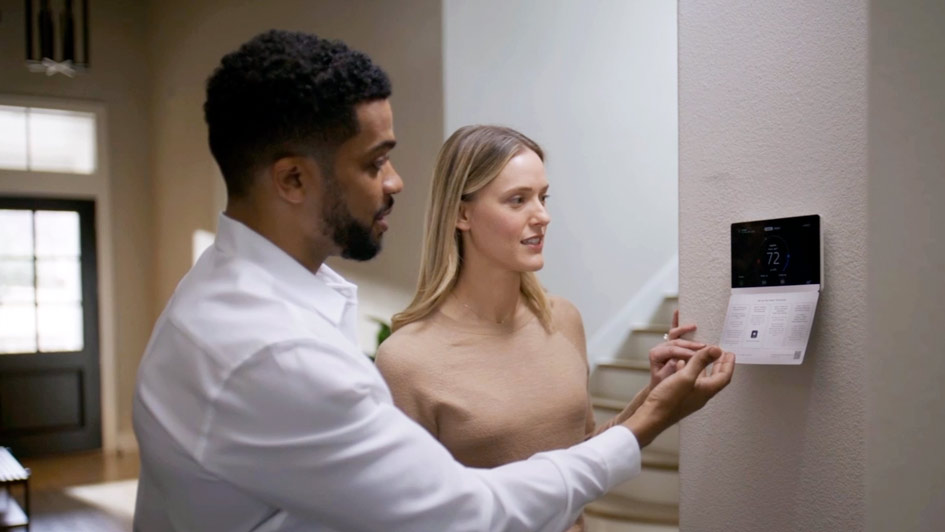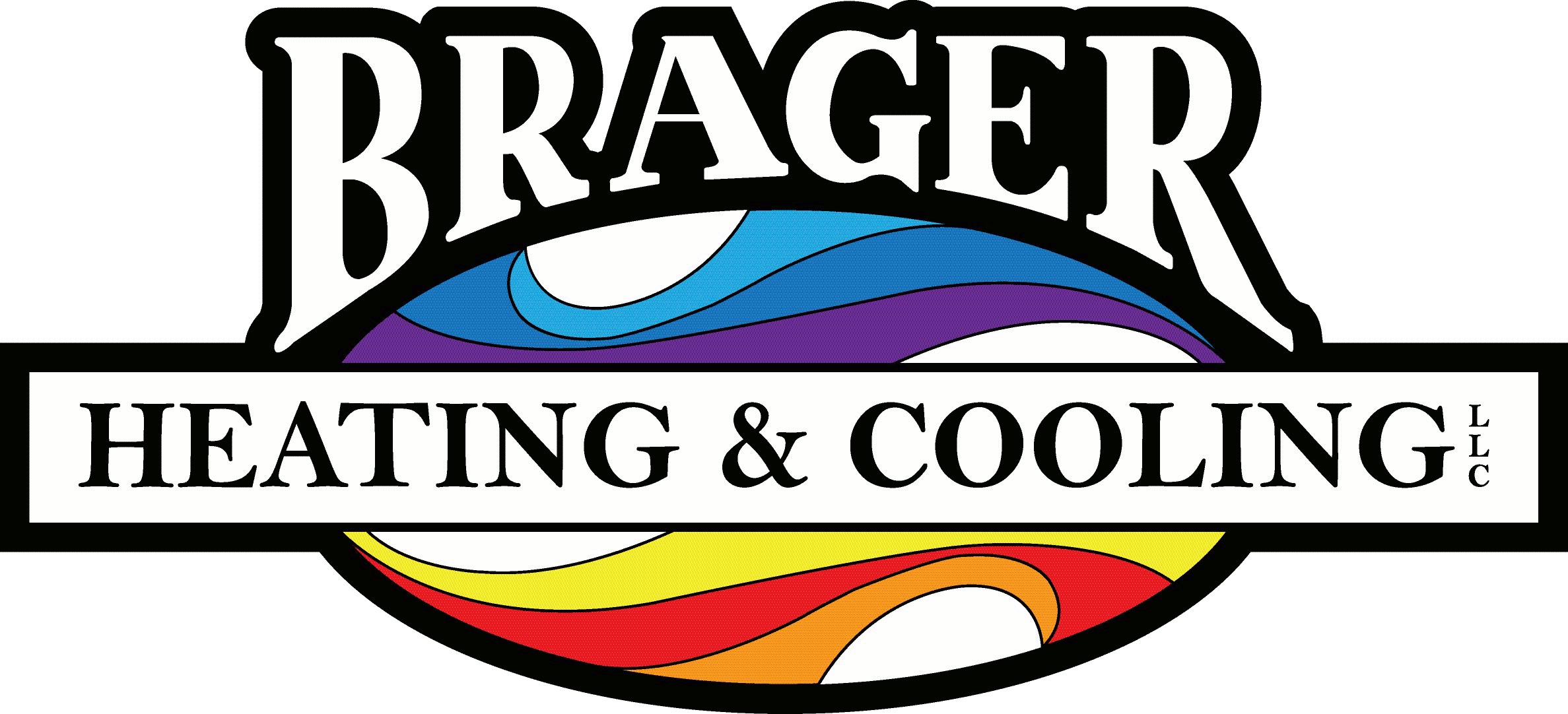
Purchasing your first home is an exhilarating experience. You’re probably juggling a dozen things or more to ensure you’re making the right choice. We believe that gaining insight into your potential new HVAC system is vital. The property’s HVAC system represents a significant investment and source of potential long-term costs, illustrating why a detailed inspection is important for first-time homebuyers.
In the following guide, we’ll outline seven tips for discovering all there is to know about a home’s heating and cooling system. And if you want a more in-depth opinion from the pros, don't hesitate to contact JW Brager Heating and Cooling. Our staff can weigh in on your options with industry insights that are second to none.
1. Which Kind of HVAC System Does the Home Use?
Start by determining what type of HVAC system the home features. Furnaces generally last longer compared to air conditioners, and some of the latest types of HVAC products like heat pumps can offer average life spans that are even longer. Tracking down the make and specific model provides a much better sense of how much it might cost in upkeep over time.
2. What Is the Current System’s Age?
Another good idea is to find out how old the HVAC system is when you're looking at a new home. In general, HVAC systems last about 10-12 years. Knowing when it was installed helps you prepare for any needed servicing or considerations if it might shut down for good. Older systems may be more vulnerable to problems, so budgeting for a replacement unit could be necessary sooner than you thought.
3. Does the System Have a Warranty?
Check if the HVAC system is still under warranty. If it is, that's great news because it can lower maintenance expenses. HVAC warranties should take care of parts and labor, but the details in each policy will vary. Review any terms that aren’t familiar to ensure you understand your coverage and potential out-of-pocket costs.
4. When Was the Last Time It Received Maintenance?
Take a close look at the maintenance history of the HVAC system, if such information is accessible. This kind of information can demonstrate if the system constantly broke down or how often a tune-up was scheduled. Inquire about key tasks like filter changes, which means it enjoyed more regularly scheduled tune-ups.
5. Are You Aware of the System’s Energy Efficiency Ratings?
Finding a home that features an HVAC system with high energy efficiency means more manageable utility bills and a smaller environmental impact. Check out the seasonal energy efficiency ratio (SEER) ratings for air conditioning along with the annual fuel utilization efficiency (AFUE) for furnaces. The higher the SEER rating, the more efficient the cooling over the whole season, while high AFUE ratings illustrate that the fuel is efficiently converted into useable heat.
6. Did You See Any Problems After Completing an Informal Inspection?
Even without heating and cooling expertise, you can still take a moment to check out the HVAC system yourself. Keep an eye out for any concerning items that might have been overlooked. This includes strange noises, unequal airflow and attempts to hide any obvious damage.
7. Is an Experienced HVAC Technician Available to Help?
If you're not quite sure about the condition of the HVAC system, it's wise to get input from certified HVAC professionals. They are skilled at identifying things you might not, including refrigerant leaks, bad electrical connections or damaged ductwork.
A Consultation with JW Brager Heating and Cooling Helps Take the Stress Out of Your Home-Buying Journey
Choosing your first home should be thrilling, and JW Brager Heating and Cooling wants to ensure yours is too. Get in touch with us at 608-447-0555. We can talk about how our HVAC services ease your mind, giving you what you need to make an offer with confidence.
